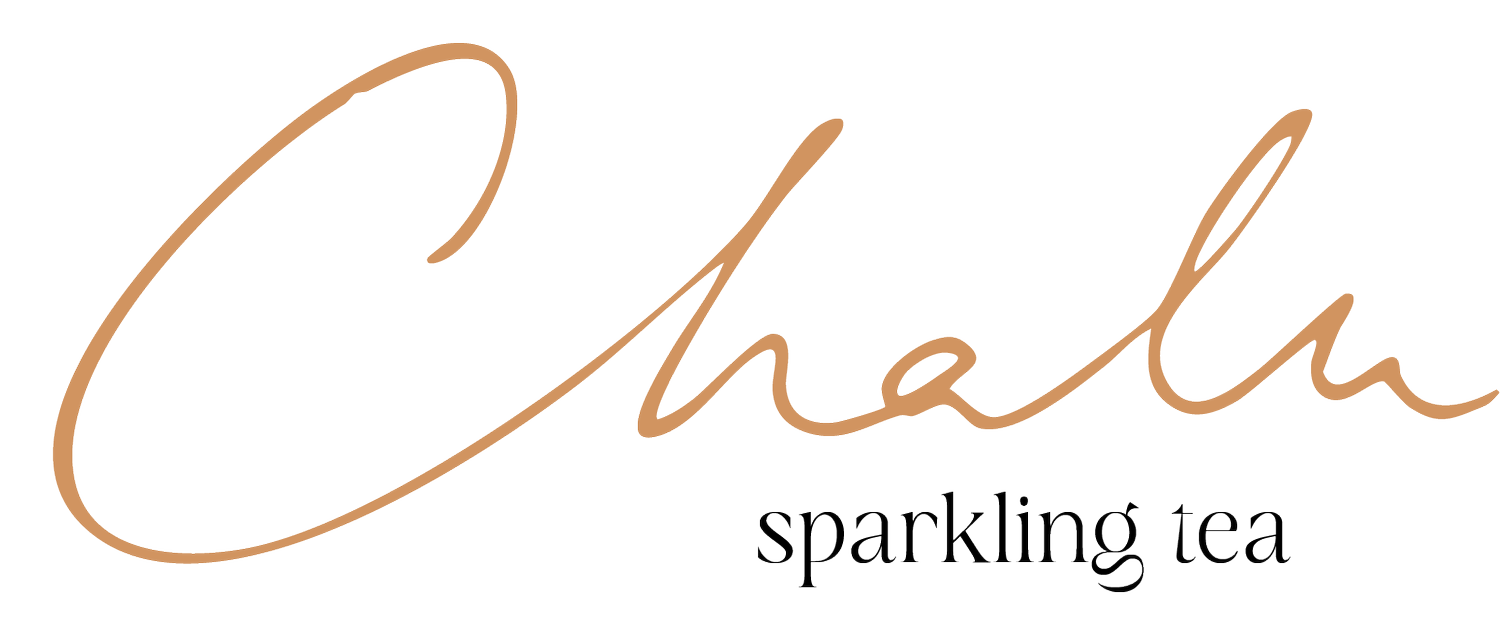Bridging the Tea Horse Road
Every week I’m coming into contact with so many fantastic new acquaintances across the world, and it prompted a question in me this week: What have these conversations revealed to me? It got me thinking. About people. About the unexpected connections that are starting to shape this journey with Chalu in ways I never anticipated.
Most of the conversations I’ve had so far have followed a predictable format—talk of margins, A&P budgets, exclusivity, distribution terms. These are familiar from my gin days. They’re important, of course. But what’s really stayed with me are the moments that break that rhythm—moments where something human cuts through.
One such moment came from an unexpected connection I made right here on LinkedIn. A guy named Jon reached out. He lives in New York, his wife is from Kunming, Yunnan. He studied in China, and is a deep, genuine lover of Chinese tea—especially Pu’er. We jumped on a few calls, and it became clear that this wasn’t just another business conversation.
Jon surprised me. Not just because of his knowledge, which is vast, or his passion, which is contagious. But because of the question he asked:
"How do we make Yunnan tea accessible?"
It challenged me. He wasn’t just talking about prestige menus or rarefied spaces. He was talking about Pu’er tea for the masses. Big-box retail. Reaching everyone. And for a moment, that stopped me in my tracks.
Because when I imagined Chalu, I always saw it in wine bars, restaurants, curated bottle shops. But Jon made me question: What if tea didn’t have to sit behind velvet ropes? What if we stopped treating tea like an elusive mystery?
“It’s no longer just a business decision. It’s a responsibility. One I now carry with pride.”
That shift in perspective has lingered. Not in an anxious way, but in a deeply energizing one. Because I didn’t start Chalu just to build a beverage. I started Chalu to share a place.
And few places have left a mark on me like Lincang. While researching for Chalu, I spent time there with the Bulang people—one of China’s smallest ethnic groups, and, according to oral history, among the first cultivators of the Pu’er tea tree. These are not neat plantation rows. These are wild, ancient trees, some 600 to 800 years old, growing in the shade of Bingdao Mountain.
The Bulang people are caretakers of the land in a way that resonates with the Māori concept of kaitiakitanga—guardianship, stewardship. Coming from New Zealand, that philosophy is in my bones. And being entrusted with their tea - well, it’s no longer just a business decision. It’s a responsibility. One I now carry with pride.
That sense of stewardship has flowed into everything. Including our next expression—Untamed Rosé—a sparkling tea made from Bingdao white Pu’er from Lincang, and layered with nuance and love. It’s a vibrant, expressive rosé with a wild streak, just like the land it comes from. And I’ve spent countless hours making sure it respects the tea, the people, and the place.
Because that’s the point. These aren’t just transactions. These are relationships. Connections. Whether it's a distributor in Europe, a tea farmer in Yunnan, or a tea lover in New York, we’re bridging something, together.
And so, it’s time to bring Yunnan tea to the people, and Chalu is the format for doing this – inclusive, layered, perfect for celebration and ritual, anytime. I want people to taste Chalu and feel something—feel the earth of Yunnan under their feet, feel the laughter of a muddy hillside harvest, feel the pride of a centuries-old lineage. I want them to feel like they’re not just drinking some non-alc beverage. They’re becoming part of the story, not just as consumers, but stewards too.
Cheers, Fraser



